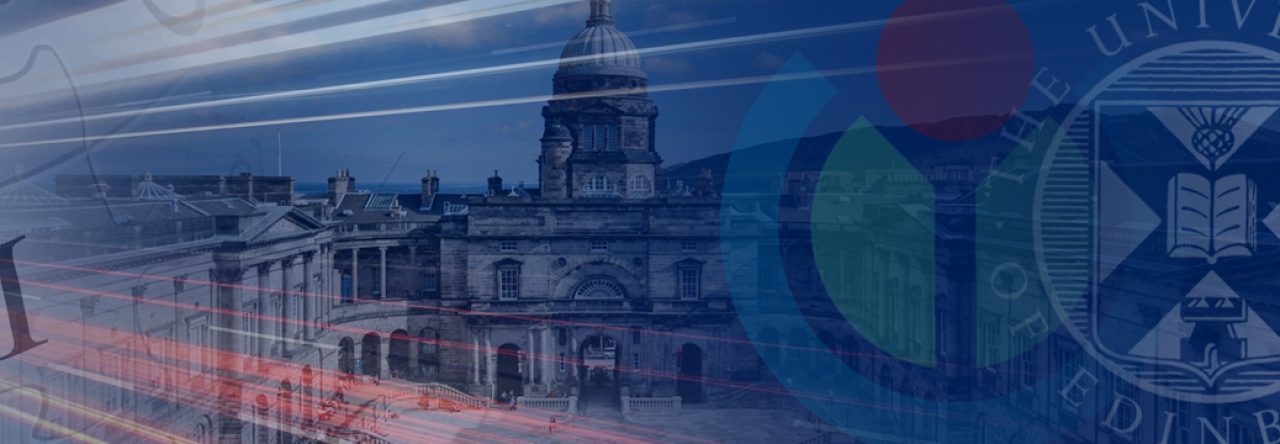
Before I started this internship, I was an incredibly busy third-year Psychology student studying at the University of Edinburgh. Now, I’m spending my summer before my final year as an intern for the Information Services Group at the university. During my first week, I’ve had a lot of new information thrown at me about what Wikipedia and its sister project Wikidata are, why these are important, and how to use and edit them. Mostly, though, I’ve been learning a lot about what my internship is all about.
When I got this role, my title of “Open Data and Knowledge Equity” intern left a lot of questions to be answered. I understood a little about open access information, but very little else. Knowledge equity, it turns out, was a term that would be thrown around a lot, so I really needed to understand what it meant. With a lot of reading around on the subject and a handful of meetings, I managed to develop a pretty good idea of this.
Knowledge equity refers to how knowledge should be fully inclusive. It should be able to be created by anybody, and consumed by anybody. In the world of Wikipedia, though, around 90% of editors are male, and there is substantial racial bias in the content and creation of Wikipedia articles. Considering that Wikipedia is one of the world’s most-viewed websites, it is incredibly important that it is a representative and diverse encyclopedia. The more I read up on the lack of diversity online, as well as in academia and the curriculum, the more I understood how important my role could be in contributing to the visibility of important role models online and on Wikipedia.
All of this has been incredibly overwhelming – I really didn’t know how much I didn’t know until I started speaking to all of these people, but I’ve managed to get some sort of a grip on it all. With all this information about knowledge equity, open knowledge and Wikipedia, I had to put some of this information to practice, so I created my first ever Wikipedia article.
Thinking about my knowledge equity role, I chose to write a new Wikipedia article on Donna Hitchens, the first elected lesbian superior court judge in the USA. I was surprised to see that she didn’t have her own page already, despite being mentioned in a number of other articles for her work on LGBT+ legal rights. But it turns out that, whilst learning how to create Wiki articles wasn’t as difficult as I had expected, it was quite challenging to find reliable, impartial secondary sources to back up the articles.
It was even more difficult to hear that articles can be nominated for deletion if other Wikipedia editors do not deem the topics or individuals to be a notable based on available citations. This is quite hard-hitting when thinking about diversity and representation online – it’s not enough to just edit Wikipedia articles, and with a lack of reliable sources discussing important topics, there is a substantial scope for notable individuals to remain unseen. This is where my work with the university comes in.
The university has commitments to equality, diversity and inclusion, and is in a position of privilege in that it contains over 35,000 students capable of writing content that can enable notable figures to be made visible online. Over my internship, I hope to be able to encourage the university to contribute to and engage with Wikipedia as a source of outreach and activism to support diversity in education.
By the end of my first week, I have definitely started to understand a lot more about knowledge equity and how Wikipedia is influenced by the people who produce and edit content. Over the next few weeks, I’m looking forward to learning and supporting the University of Edinburgh in creating a more diverse online, and physical, environment.

https://flickr.com/photos/135433887@N02/49977691057 under Creative Commons Attribution (CC-BY) licence.
https://creativecommons.org/licenses/by/2.0/legalcode



